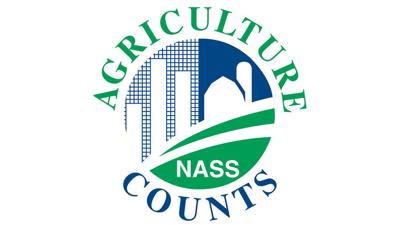To streamline NJ’s pesticide exam process, Rutgers Office of Continuing Professional Education has announced that the new online Pesticide Applicator Certification Exam Registration (PACER) system is available for your use immediately.
How the new system benefits YOU:
- Online Access: Web-based PACER application is accessible 24 hours a day, 7 days a week.
- No More Snail Mail: Upload your support documents online and eliminate the time and expense required to mail them.
- Quick Review Turnaround: Your application will be reviewed within 48 business hours and you will be notified of any problems or concerns with your documentation promptly via email.
- Immediate Exam Scheduling: Online exams are available 24/7. Once in-person exams resume, YOU choose your exam date and location when you register; no more waiting to hear which of your exam date and time choices were available.
- Fast Exam Results: See your exam grades within 7 business days of exam completion.
- More Exam Times and Locations: Due to COVID-19, all exams are currently being offered online. When restrictions are lifted, online exams will continue and in-person exams will resume. New facilities will be added around the state to give you more options for added convenience. In-person exams will be administered weekdays, evenings and on Saturdays to better accommodate your schedule.
- Manage Others’ Exams: Are you responsible for your organization’s employees? Now you can easily track and manage exam applications and scheduling for multiple people in PACER! Set up an account in PACER then provide us with the information listed below so we can upgrade your account to Business Manager. Send information to: pacer@njaes.rutgers.edu. (A commercial pesticide applicator business license number is required to establish a Business Manager account; a business license number begins with “9”).
- Business Manager Name; Business Manager Email Address
- Company Name; Company Address; Company Business License #
- Support: Responsive, courteous help desk support is available Monday through Friday, 8:00am-4:30pm. Phone: 848‐932‐9271, Option 7; Fax: 732‐932‐1187; E‐mail: pacer@njaes.rutgers.edu
Examination Fees are $115 per each Category exam and the Core exam; $50 for the Private licensing exam:
- Pay online via credit card or e-check, with no extra surcharge
- Purchase Orders will also be accepted via upload
- Exam payments are not refundable and online exams have minimum computer requirements detailed on the website
Please note that all exams are CLOSED book and the NJDEP no longer offers any pesticide certification exams.
The PACER website also has step-by-step instructions to create an account before registering for the exam, and user and hardware requirements to successfully complete the exam (Google Chrome internet browser, webcam, wired / Ethernet connection, ample bandwidth for Proctorio download and use, etc.). Also, make sure you choose a quiet and comfortable location to take your exams, as earphones or headphones are not permitted during the exam.
Please Visit the NJDEP website for information regarding pesticide licensing, policies, procedures, credits, and for payment and status of your license. For frequently asked questions regarding pesticide licensing please click here.
Visit PACER today!


